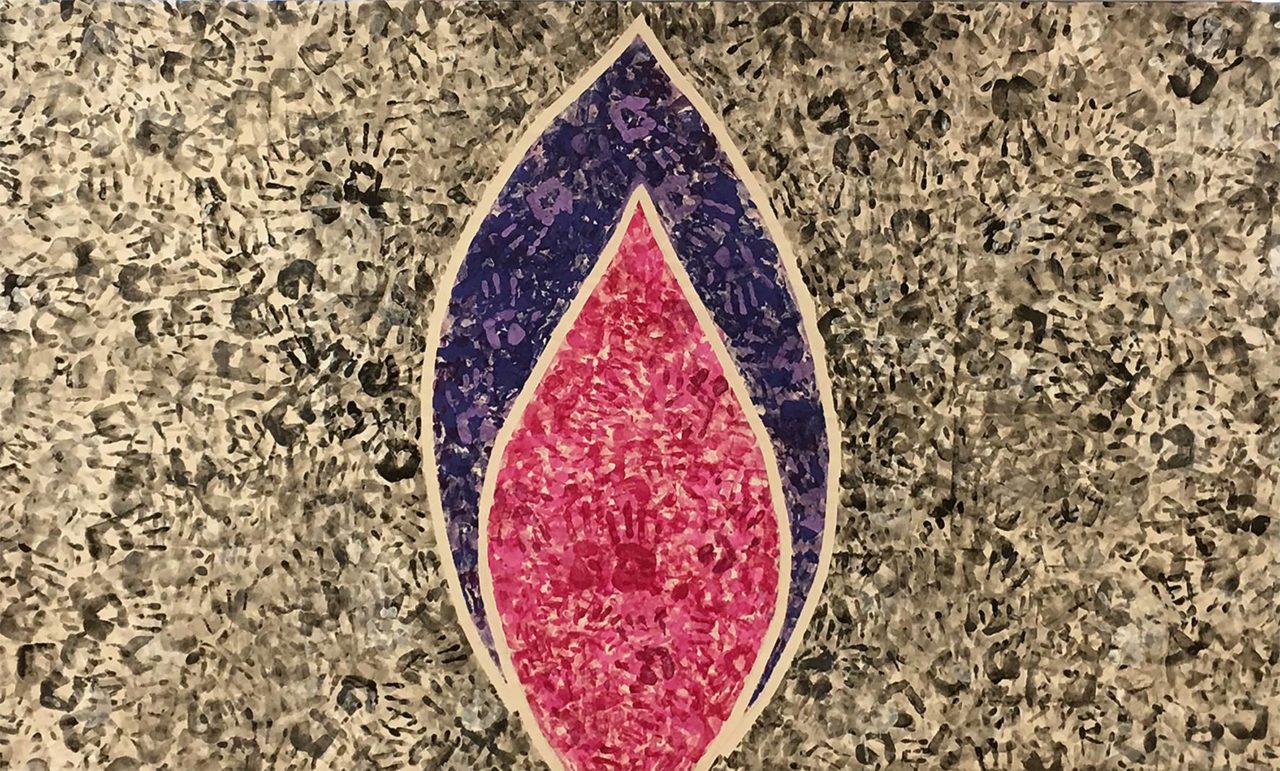The Legend of the Little Dunkirk - The Rescue of the Danish Jews and its relevance today

Every year, the 27th January marks the International Day of Commemoration in memory of the victims of the Holocaust. The day calls for a time of reflection, education, and commemoration in the remembrance of the six million Jewish people who lost their lives in the Second World War in the Holocaust. It also brings attention to the danger of xenophobia today which is as relevant as ever especially after the recent siege and hostage of a synagogue in Texas. This year, the theme guiding the United Nations’ Holocaust remembrance and education is “Memory, Dignity, and Justice”. Perhaps a story that symbolises this theme profoundly is the Rescue of the Danish Jews.
Known as the legend of the ‘Little Dunkirk,’ the rescue represents an astounding operation as over 7,000 individuals sailed over to Sweden from Denmark, accounting for the survival of around 95% of Denmark’s Jewish population. This incredible story offers a unique role in Holocaust remembrance – a story of hope and of moral victory against the evils of Nazism.
Denmark was invaded and occupied by Nazi Germany in April 1940. After the invasion, the protection of all Jews in Denmark was of high national importance. The protection of the Jewish community became an act of nationalist resistance cemented in the unity with one’s countrymen. The Danish courts, church, and the King strongly opposed any discriminatory legislation that oppressed the Jewish communities of occupied countries across Europe.
During the war, widespread rumours claimed that when the Nazi occupiers attempted to order Danish Jews to wear the identifying yellow star, King Christian X of Denmark opted to wear the star himself. However, the story is a myth. The tale of the King and the Star actually originated from the offices of the National Denmark America Association (NDAA) by a unit called ‘Friends of Danish Freedom and Democracy.’ It has been reported, yet not confirmed, that the organisation hired Edward Bernays, dubbed as the Father of Public Relations, as a consultant, and his connection to the anecdote about the King and the star has been speculated. Although there are no concrete facts around Bernays relation to this narrative, it illustrates the power of a message and what it can evoke.
There are many factors that attribute to the success of the rescue of the Danish Jews. But what was a key element was the bravery and dignity that was shown to a community in the midst of persecution. Dr Ebba Lund was only a young woman when she joined the Danish Resistance and was known as ‘the girl in the red beret,’ to identify herself clearly to anyone who needed help in the streets of Copenhagen. She helped orchestrate the transport of over 800 people to safety in Sweden with the assistance of Danish fishermen who organised the journey. Before a Nazi raid, Danish priests rescued the scrolls of the Torah from the Great Synagogue in Copenhagen and hid them in Trinitatis Church until they were returned after the war. Jewish families were hidden in hospitals, forests, and homes all across Denmark.
On this day of remembrance, the rescue of the Danish Jews is one of the many important events to commemorate. Not only is it one of the few stories of hope in the Holocaust but it is also a story of solidarity and courage in the face of adversity. It has been said ‘the only thing necessary for the triumph of evil is for good men to do nothing.’ The relevance of this message today is as important as ever and perhaps the tale of this rescue can be a strong reminder of the part we all should play to counter discrimination.
Lottie Hughes
Account Coordinator
